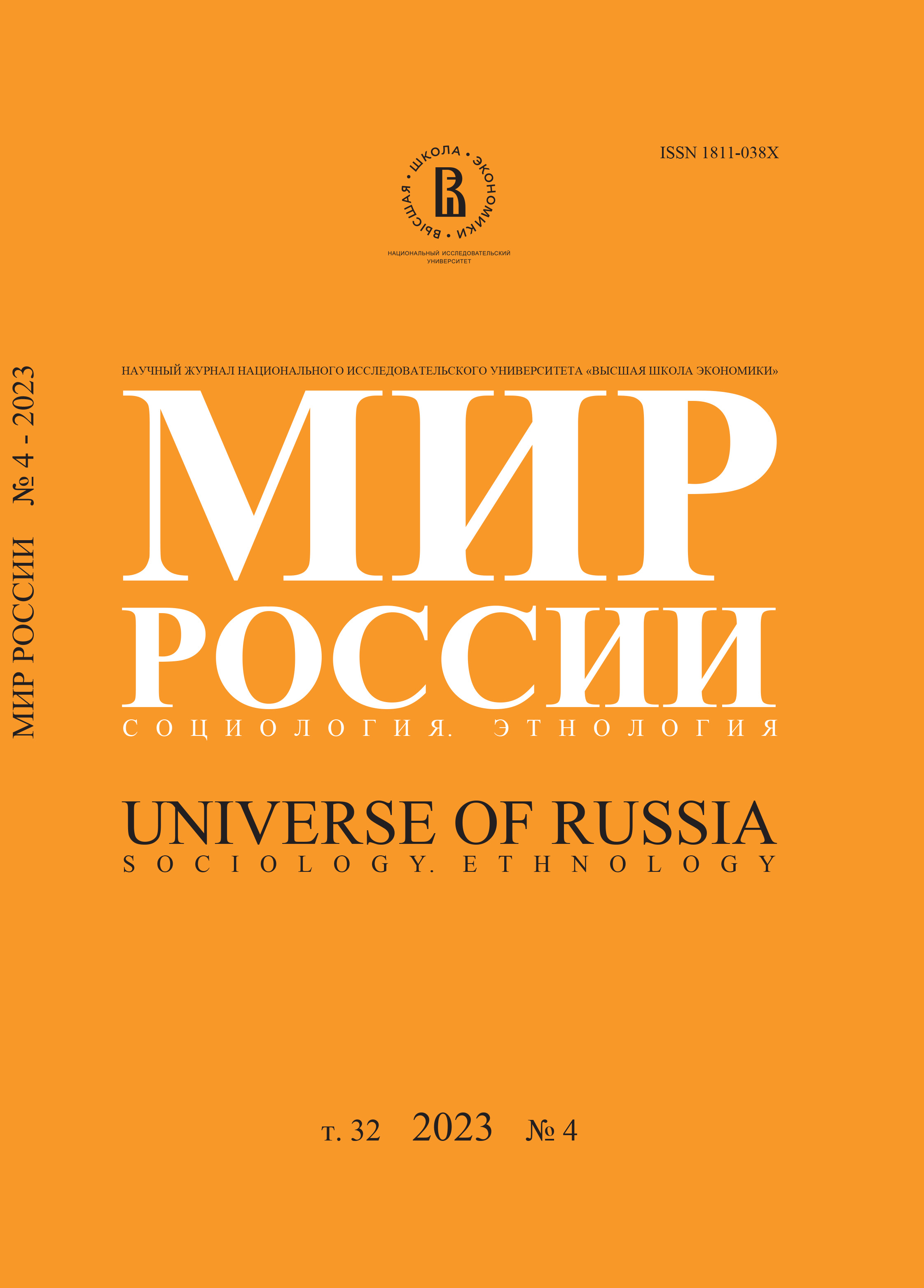Development Factors in the Non-Governmental Social Services Sector in the Russian Regions
Abstract
This paper identifies and systematizes regional determinants impacting the development of the non-governmental social services sector. Anchored in the theory of new public management and social partnership, the study offers a comprehensive assessment drawing on empirical evidence—specifically, statistical data compiled from 85 regions within the Russian Federation. The analysis relies on 33 variables encompassing external and internal facets, which characterize the operational parameters of the social services sector in each region. These variables reflect the socio-economic and demographic development of the regions, the current state of the social services sector, and the nuances of the interactions between regional governments and emergent social service providers. A factor analysis, implemented using SPSS, facilitated the categorization of factors shaping the non-governmental social services sector. Our findings coalesce around nine main factors, further bifurcated into two categories: external and internal. Externally, the progression is largely contingent on the initiatives of federal and regional authorities to cultivate conditions for the growth of private social service providers, including variables such as consumer demand, regional proclivity towards social entrepreneurship, and the role of socially oriented NGOs. Internally, factors are tethered to the undertakings of NGOs themselves, reflecting aspects such as the economic viability of the non-governmental social services sector, regional NGO activity, and the performance of infrastructure organizations within the region. In an overarching examination of the non-governmental social services sector, the study elucidates its top-down development trajectory, markedly influenced by the socio-economic context of the Russian regions, regional policy, and policy stability. The study concludes by highlighting the untapped potential within the non-governmental social services sector, tied predominantly to organizational professionalization and the assimilation of advanced management practices. This comprehensive evaluation gives valuable insights for policy design, paving the way for effective strategies to galvanize growth within this sector.






